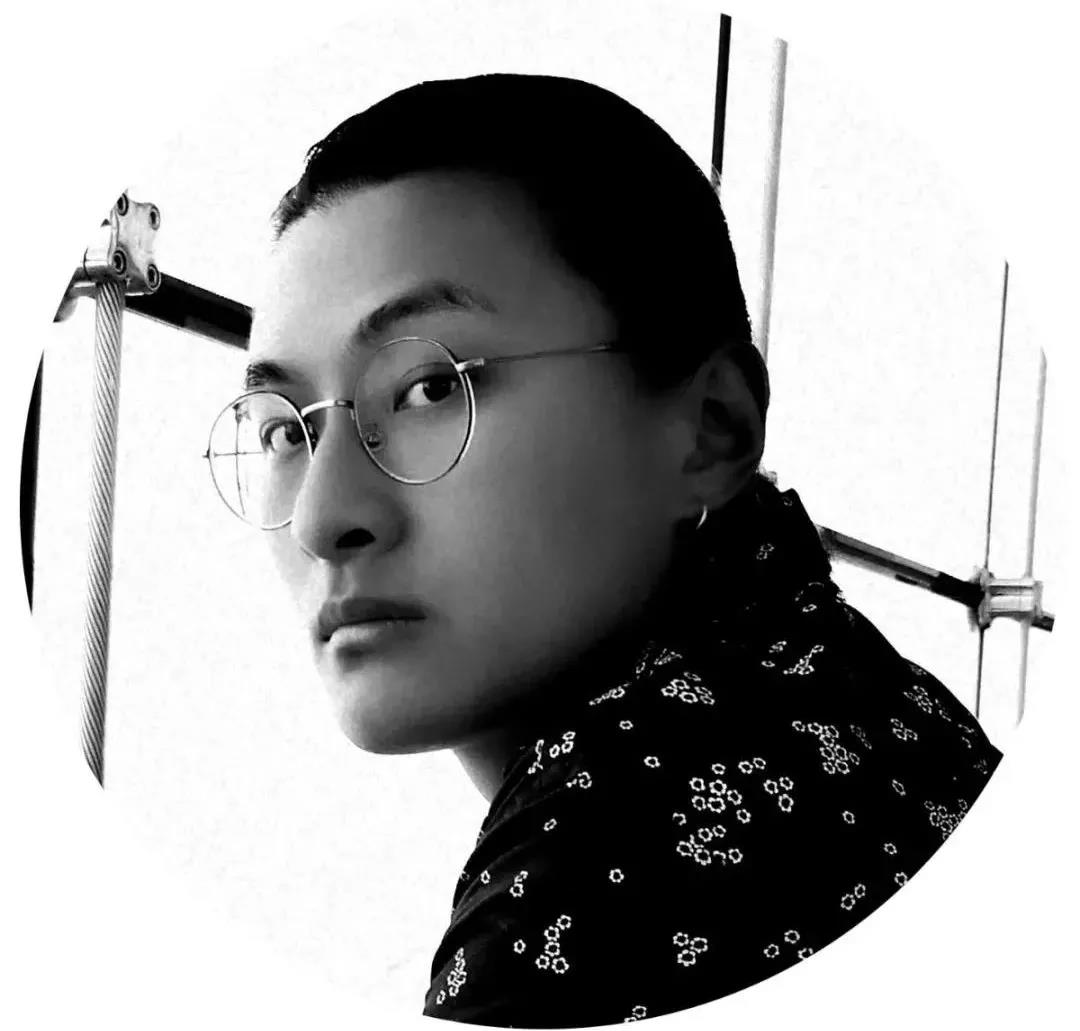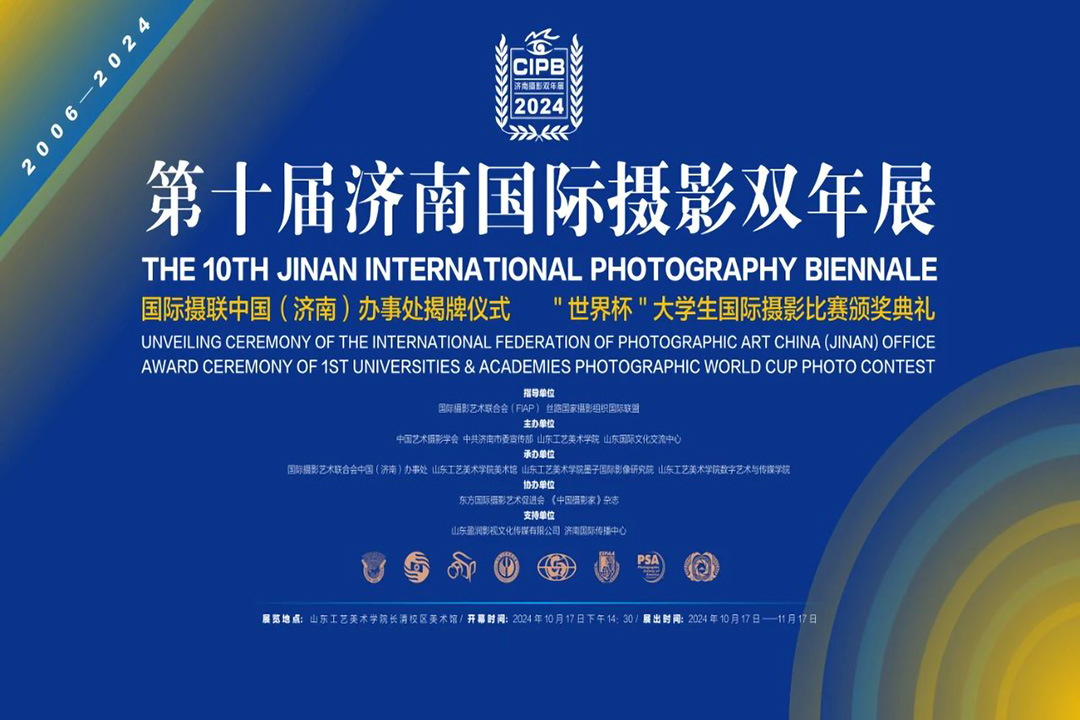王翰林 Wang Hanlin

1993年出⽣于山东日照,中央美术学院摄影艺术研究硕⼠,现工作⽣活于上海。
《动物资本论》
自从人类将狼豢养成狗,人类社会结构中逐渐多出一个新的角色:宠物。动物被驯化作为人类的生产工具或食物,并在漫长的时间里逐渐成为人类的附属品。而现代化的都市生活将人与宠物从这种传统的饲养关系中抽离出来,被驯化的宠物的功用性变得越来越弱,现代人与宠物的关系也在发生新的变化。马克思曾强调研究事物关系应从其本质着手,通过“宠物”作为切入点,可以更好的参透人类的社会结构。包括在新冠疫情期间,人们对于宠物的态度的变化(弃宠,活埋等现象),欧洲将遛狗作为“通行证”,人们为了出门不择手段(乔装打扮)。宠物已然成为一种不可忽视的社会结构而存在,宠物行为和人类行为在这其中互相影响、互相博弈。通过表现当下人与“宠物”的亲密关系,由此延伸出现代家庭关系和现代人的消费的态度,并最终通过“宠物”来映照我们自身。
《Animal capitalism》
Since humans have raised wolves into dogs, a new role has gradually emerged in the structure of human society: pets.Animals are domesticated as human production tools or food, and gradually become human appendages over a long period of time. The modern urban life separates people and pets from this traditional breeding relationship. Domesticated pets become weaker and weaker, and the relationship between modern people and pets is also undergoing new changes.Marx once emphasized that the study of the relationship between things should start from its essence, and through “pets“ as an entry point, we can better penetrate the social structure of human beings. Including the changes in people's attitudes towards pets during the COVID-19 pandemic (abandoning pets, burying them alive, etc.), Europe uses dog walking as a “pass“, and people do whatever they want to go out (in disguise). Pets have become a social structure that cannot be ignored, in which pet behavior and human behavior influence and play games with each other.By expressing the current intimate relationship between people and “pets“, it extends the modern family relationship and modern consumption attitudes, and finally reflects ourselves through “pets“.










评论